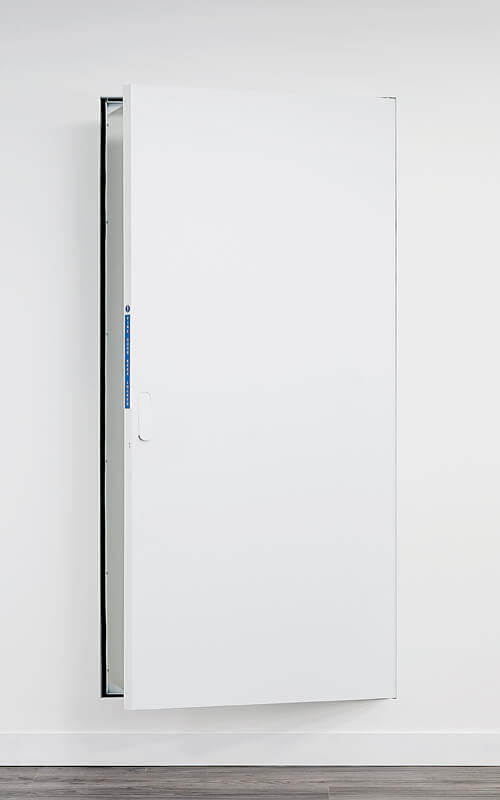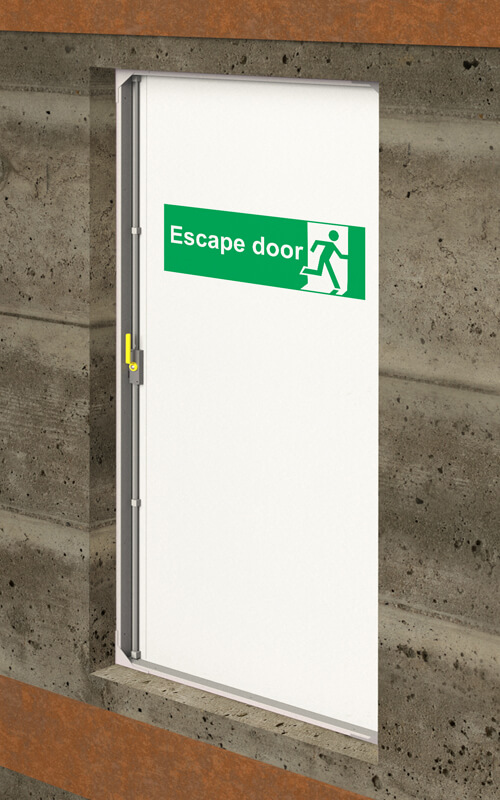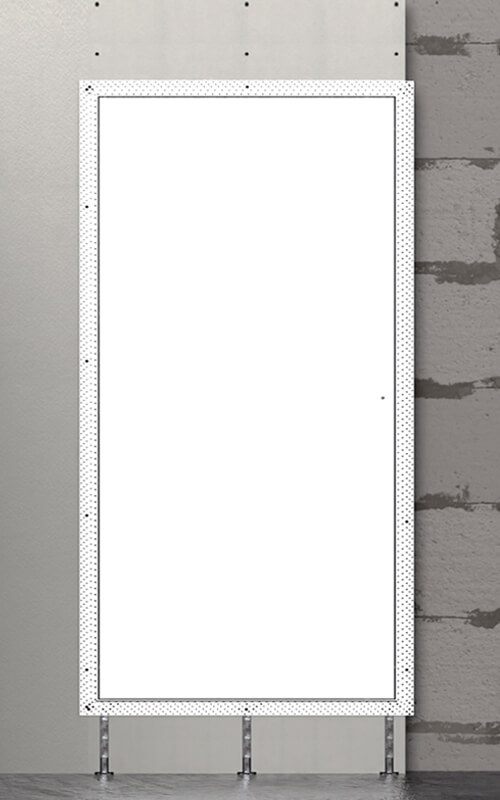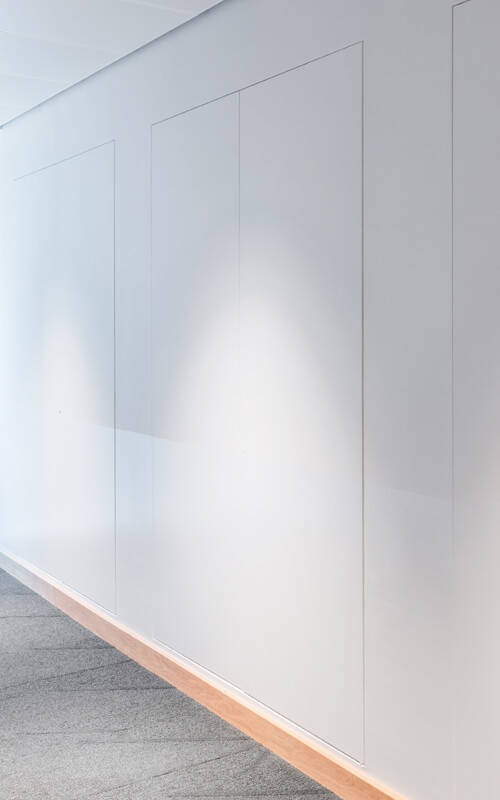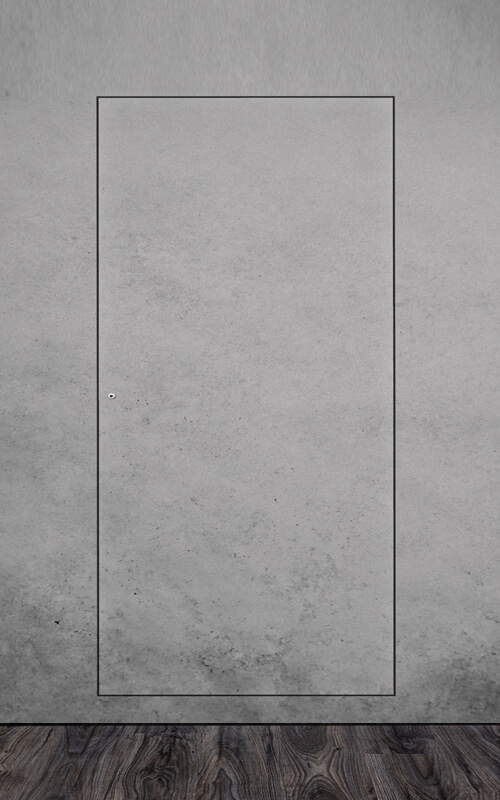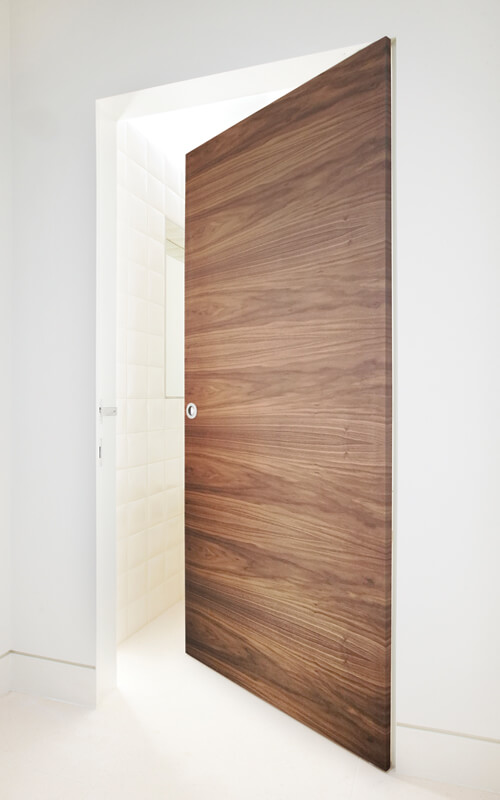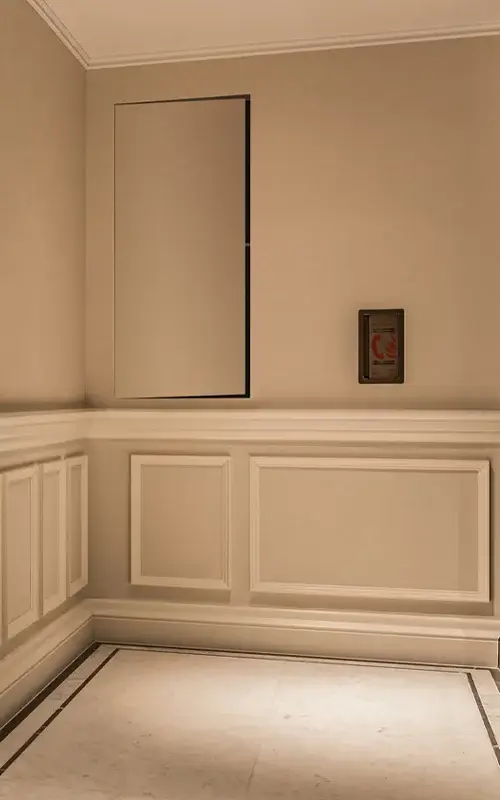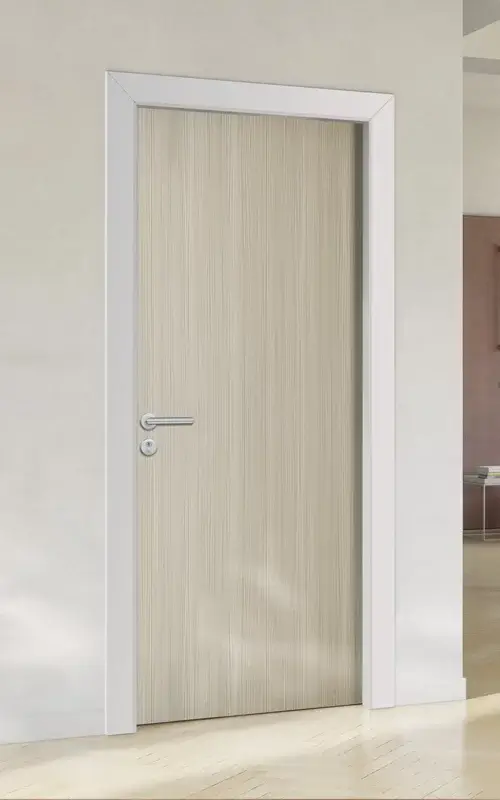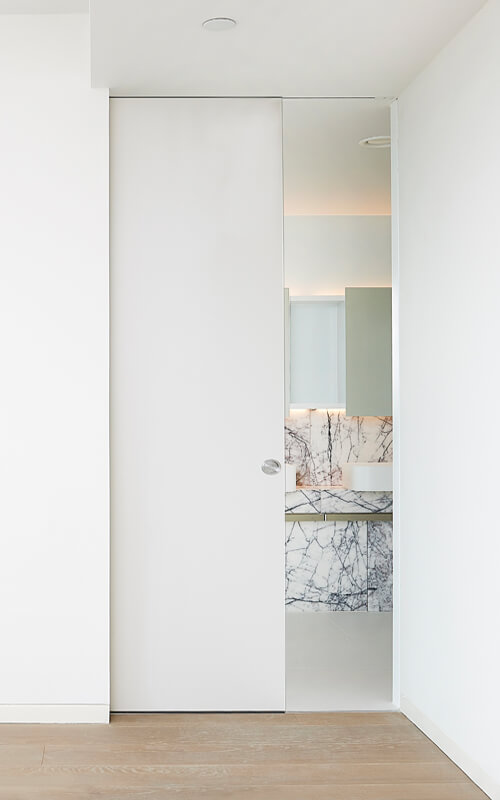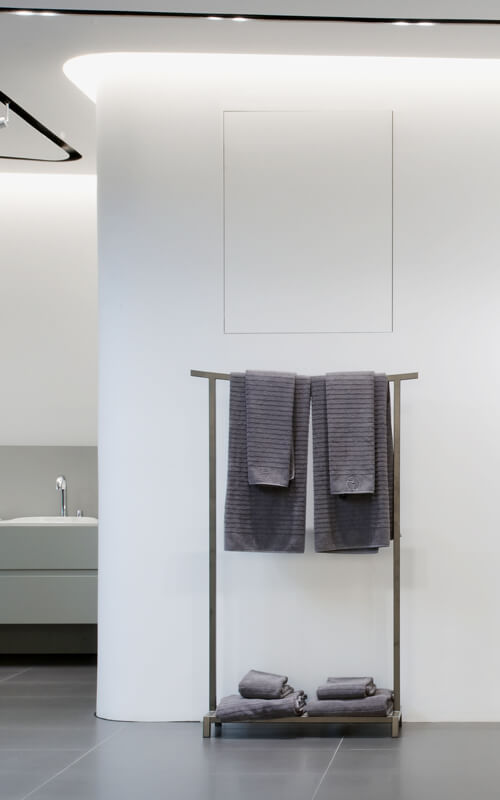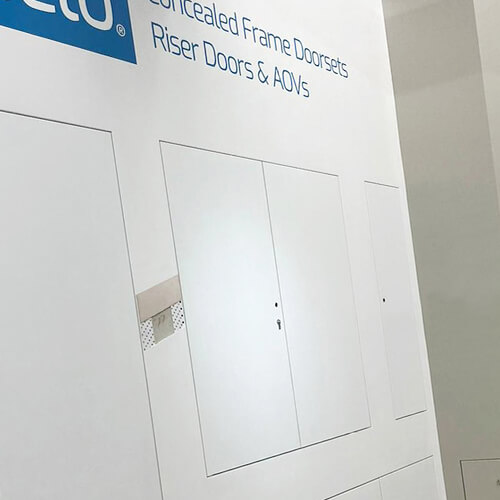
At Selo, we offer a range of doors, including hotel doors, we have worked on projects including The Old War Office. Hotel doors are a unique category within the door industry and commercial architecture. Unlike residential or basic commercial doors, hospitality doors must meet a range of standards at once for example: safety, acoustic control, durability and aesthetics. The doors throughout any hotel, from guest bedrooms to back-of-house areas relies on a door system that are functional yet visually integrated. In this blog the main areas we will touch on, is how hotel doors are technically and architecturally different.
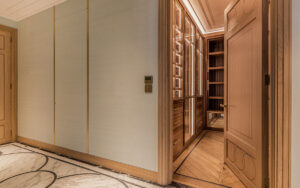
Safety and Fire Performance in Hospitality Doors
When selecting hotel doors, one of the most important things to consider is fire ratings. You will often find that all bedroom and corridor doors will need to meet FD30 or FD60 fire ratings to slow and reduce the spread of fire and smoke. Specifying fire-rated hotel doors will come with a range of features, from self-closing mechanisms, which are used for when fire or smoke is detected, the doors will close on themselves. Smoke seals help prevent toxic smoke from passing through the gap. Fire-rated door cores that have been tested to help prevent the fire from going through the door and spreading further. Choosing fire rated doors for hotels is not just a legal requirement, but they will play a key role in guests’ protection and building safety. It is always crucial to make sure you are up to date with any upcoming changes to the building safety standards, as this will ensure your doors will meet the correct requirements.
Acoustic Control and Guest Privacy
When guests arrive at hotels, they expect noise to be at a minimum and privacy that hotel doors can offer. Reduced noise and privacy are one of the most important factors in guest comfort. When choosing hotel doors, it is crucial to ensure the doors between rooms and hallways must block sound effectively to ensure privacy and a restful stay, which is the main thing a customer wants. Usually, hospitality doors are built from solid door cores, which help block and reduce noise. They always use acoustic seals, which is a sealant to soundproof a building. When choosing a hotel door, one of the main differences from standard doors is the noise control, which is due to the different features the door has.
Design Considerations for Hotel Bedroom Doors
When choosing the finishes for your hotel doors, it is important to make sure the doors match the interior design of the room, so it doesn’t look out of place, which could turn customers away. Another thing to keep in mind is that the door still meets the safety and performance requirements. There is a huge range of different finishes to have for the door to fit in with the hotels style, from modern, classic, or even a minimalist look. A few design details you could have is a flush finish, which ensures the elements in construction blend seamlessly. Concealed hinges for a smooth outer appearance. In some cases, you can get the doors to match the wall panels so the design flows throughout the room.
Space and Flow in High-Traffic Areas
Hotel doors are usually seen in a high traffic area, especially in corridors, lobbies, or service zones. The doors you select for your hotel needs to be able to support the daily flow of people, from guests and staff to housekeeping and maintenance. The hotel doors should be easy to use for people, space-efficient so guests don’t feel cramped, and built to handle frequent movement. To solve these issues of space and highly populated areas, simply consider sliding doors, which are known for space optimisation, concealed riser doors, or double doors can be used to improve access for users. Selecting the correct hospitality door can make the hotel feel more open, organised, and functional without compromising on design. It will be a efficient door solution.
Durability, Materials & Maintenance Needs
With these doors being used in high traffic areas, they need to be able to handle constant use, and they need to remain high quality doors. If they start to look overused or become damaged, it could lead to bad reviews from customers. When choosing the materials for your doors, you may want to consider high-pressure laminate, painted finish, or hardwood veneer. These can be chosen not just for appearance but for strength and ease of maintenance to support the constant use. Some other materials to consider to help maintain the quality of the doors are scratch resistance, cleanability, and impact protection. There is a range of materials to consider, which will help towards the durability of the doors and keep them low to maintain. This is another key point on how hotel doors are different from standard doors.
Where Design Meets Function in Hotel Doors
Overall, when choosing hotel doors over standard doors, there are some key differences in materials being used, finishes, and usage. Hotel doors aren’t just about safety or looks, they can offer both, as these doors require both. A huge selection is available for hotel doors to ensure they perform well, and when you consider fire safety, sound control, design, and durability, it will create a smoother, more comfortable space for everyone to use.
If you are unsure of the type of door you need for your hotel, we have a dedicated team to help you specify the doors. We offer Halo assist, which offers dedicated support from start to finish. Exceptional hotel design considers every detail, right down to the doors.


